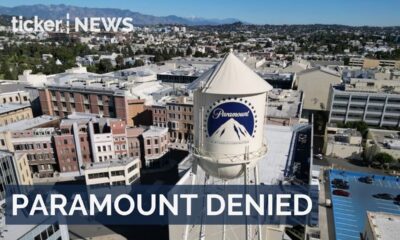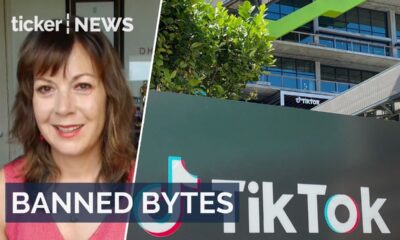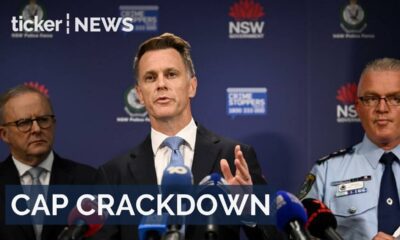News
Trump’s trade war may impact Australian medicine prices
Trump’s trade war could raise Australian medicine costs and limit availability, complicating PBS negotiations and tariff impacts.

News
AI stocks surge amid market shifts and spending warnings
AI sector drives economic growth; Meta adjusts strategy, Palantir’s valuation sparks questions, and Nvidia leads amid rising competition.
News
AI investments set to surge in 2026 as companies target productivity gains
Analysts forecast $500 billion AI investment by 2026, transforming corporate spending priorities and enhancing economic productivity.
News
Stocks, AI and the economy: What to expect in 2026
2025’s market turmoil analyzed: AI hype, tariffs, global politics, and Federal Reserve impacts—tune in for expert insights!
-



 News4 days ago
News4 days agoWarner rejects Paramount’s hostile takeover bid
-



 Shows4 days ago
Shows4 days agoJames Bozinovski: Reshaping retail with innovative strategies
-



 News3 days ago
News3 days agoAI stocks surge amid market shifts and spending warnings
-



 News5 days ago
News5 days agoSupreme Court upholds TikTok ban: Free speech at risk?
-



 Ticker Views4 days ago
Ticker Views4 days agoAustralia is reeling from the worst terrorist attack on home soil. Could it have been prevented?
-



 News3 days ago
News3 days agoAI investments set to surge in 2026 as companies target productivity gains
-



 News4 days ago
News4 days agoNSW weighs urgent gun law changes after Bondi shooting as firearm caps spark backlash
-



 News4 days ago
News4 days agoExperts warn AI could trigger ‘Grey Swan’ events in the global economy






